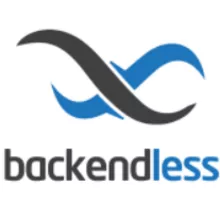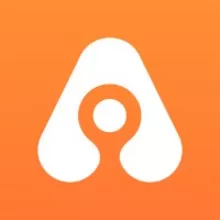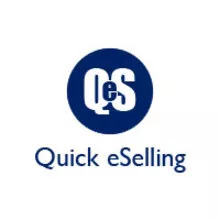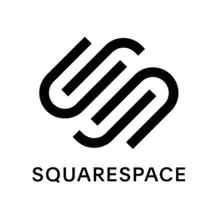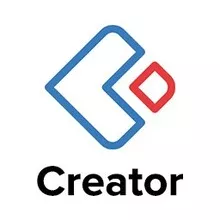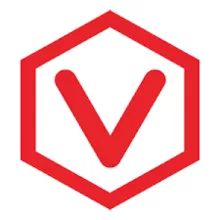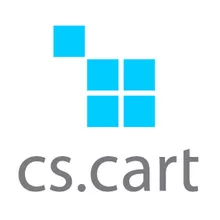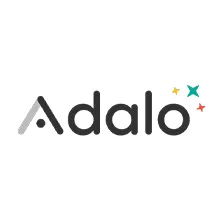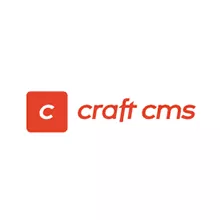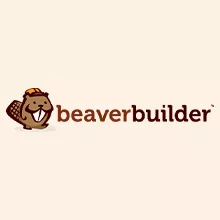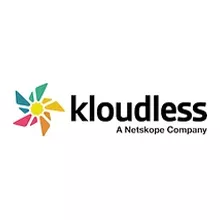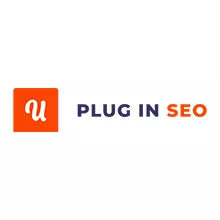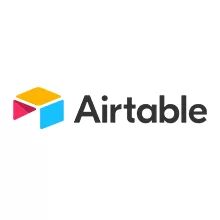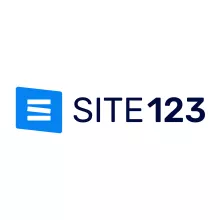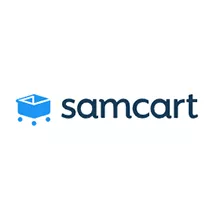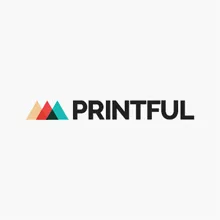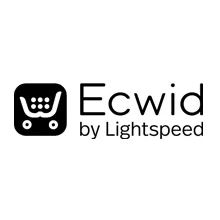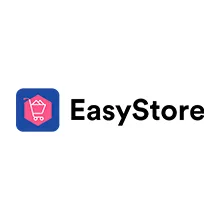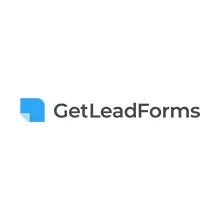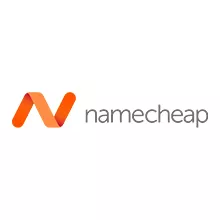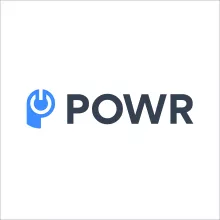Internal app builder with low code
Blogging offers an effective means of social interaction in a world where we are all becoming increasingly linked online. The finest blogging platforms make it simple for users to connect with others who have similar interests, share their thoughts and ideas with the world, and encourage free discussion and idea sharing. In addition, vital blogs can reach a broad audience and develop a devoted following, making them an effective tool for marketing and branding.
Professionals can use blog software to generate and update the material, manage subscribers, check website metrics, and SEO-optimize posts for search rankings. Among other tools, it typically provides editable templates, a WYSIWYG editor, and an image library.
How to Choose Blogging Software?
The following are a few things to consider before choosing a blogging software:
Every blogging platform's main feature is its content editor. Choose a venue with an editor you enjoy because you might be working on it daily as a blogger.
You could compile a list of essential and desirable traits. For instance, it might be necessary for your editor to support drag-and-drop and auto-saving, but it would be wonderful to include a feature that allows you to see how your post would appear on various devices in advance.
You may quickly and personalize a blog using themes and templates. First, take a peek at the pieces and templates offered by various blogging sites. Do they offer many alternatives specifically for blogging? Do they offer a selection of both free and paid ones? How much do their premium themes usually cost? Can you modify the themes and templates to give your site a unique look?
You could also choose to begin from scratch rather than use a premade theme. These are only a few of the queries that might assist you in selecting a platform with the required design and customization options.
Optimizing your content for search is crucial if you want to increase blog visitors. For example, 88 per cent of organic clicks for a keyword or phrase go to sites listed on the first SERP in Google, with 28.5 per cent coming to the top result alone, according to a Sistrix study.
You should look for software with built-in features to help you optimize your content if you want to be on that top page. As you write, CMS Hub, for instance, provides SEO advice.
If a platform lacks this level of sophisticated capabilities, see if you can install an external SEO tool. If not, you'll need to know about SEO best practices and apply them to your blog.
No blogging platform can come equipped with every feature a blogger could need. In addition, when your audience expands or your strategy changes, your blogging requirements and objectives will probably vary over time.
Choose a blogging platform that enables extensions or integrations with third-party tools. Platforms with an ecosystem of apps will be able to grow with you over time, preventing the need for you to switch to a more flexible option down the road.
You should check out this article to learn about the best blogging platforms of 2022.






